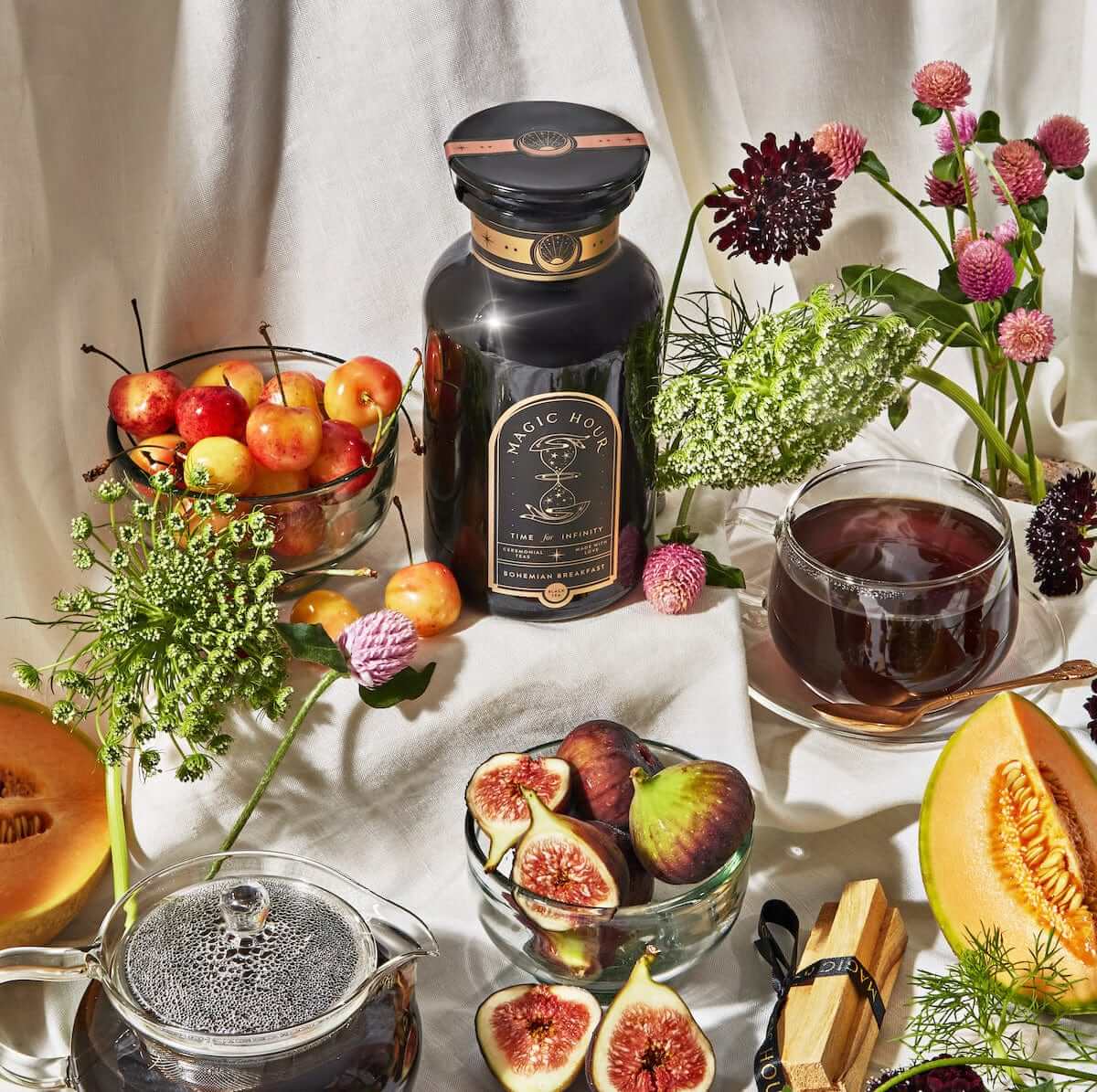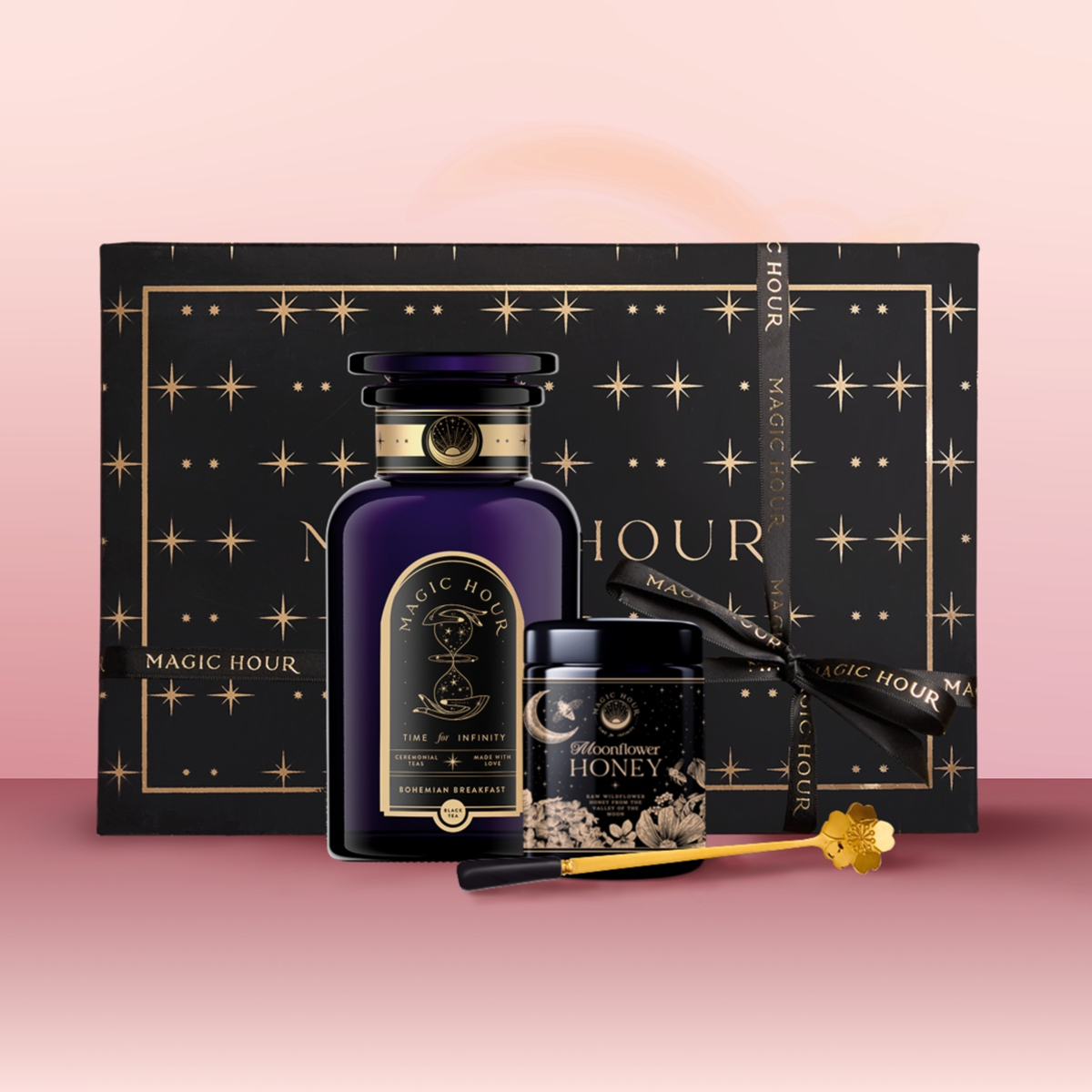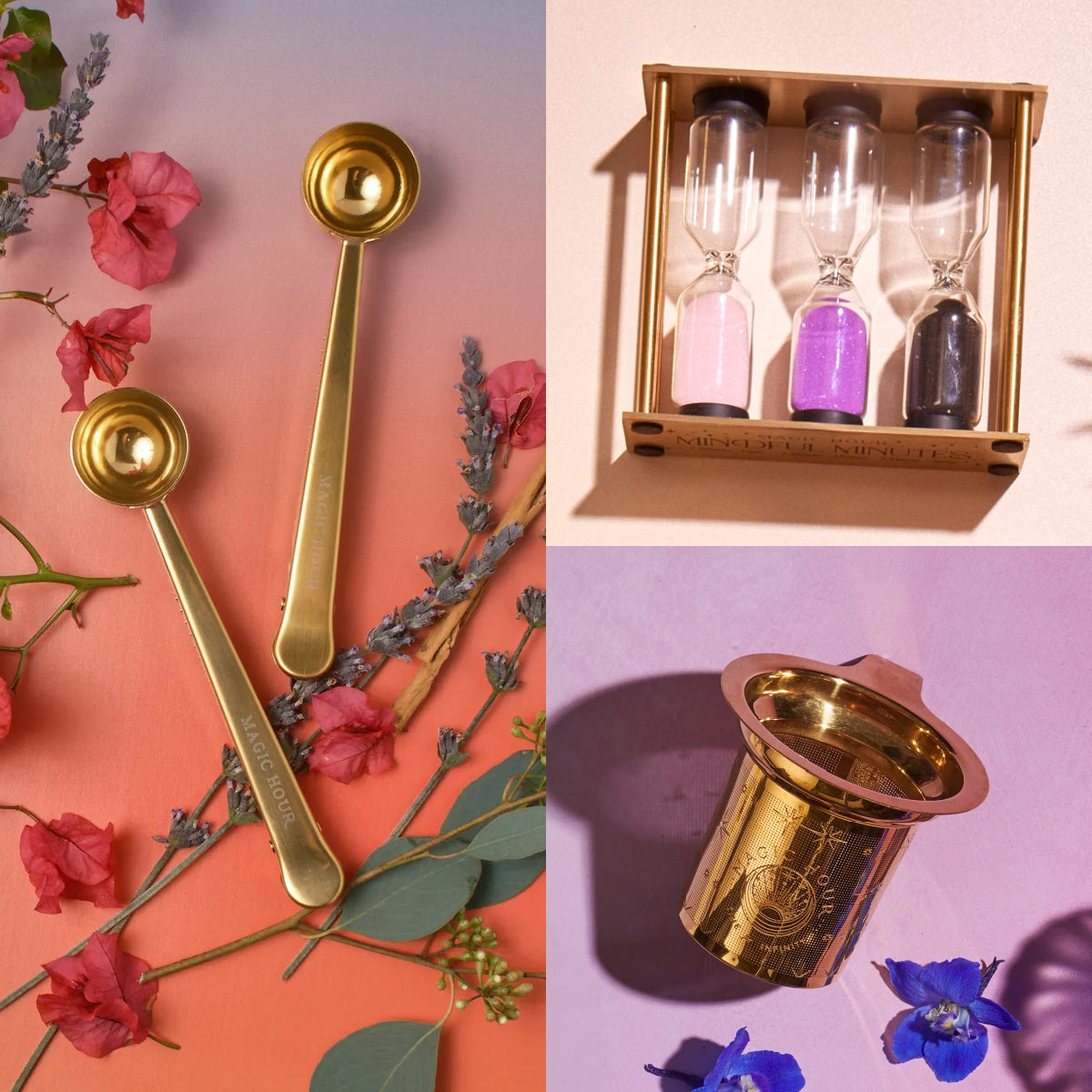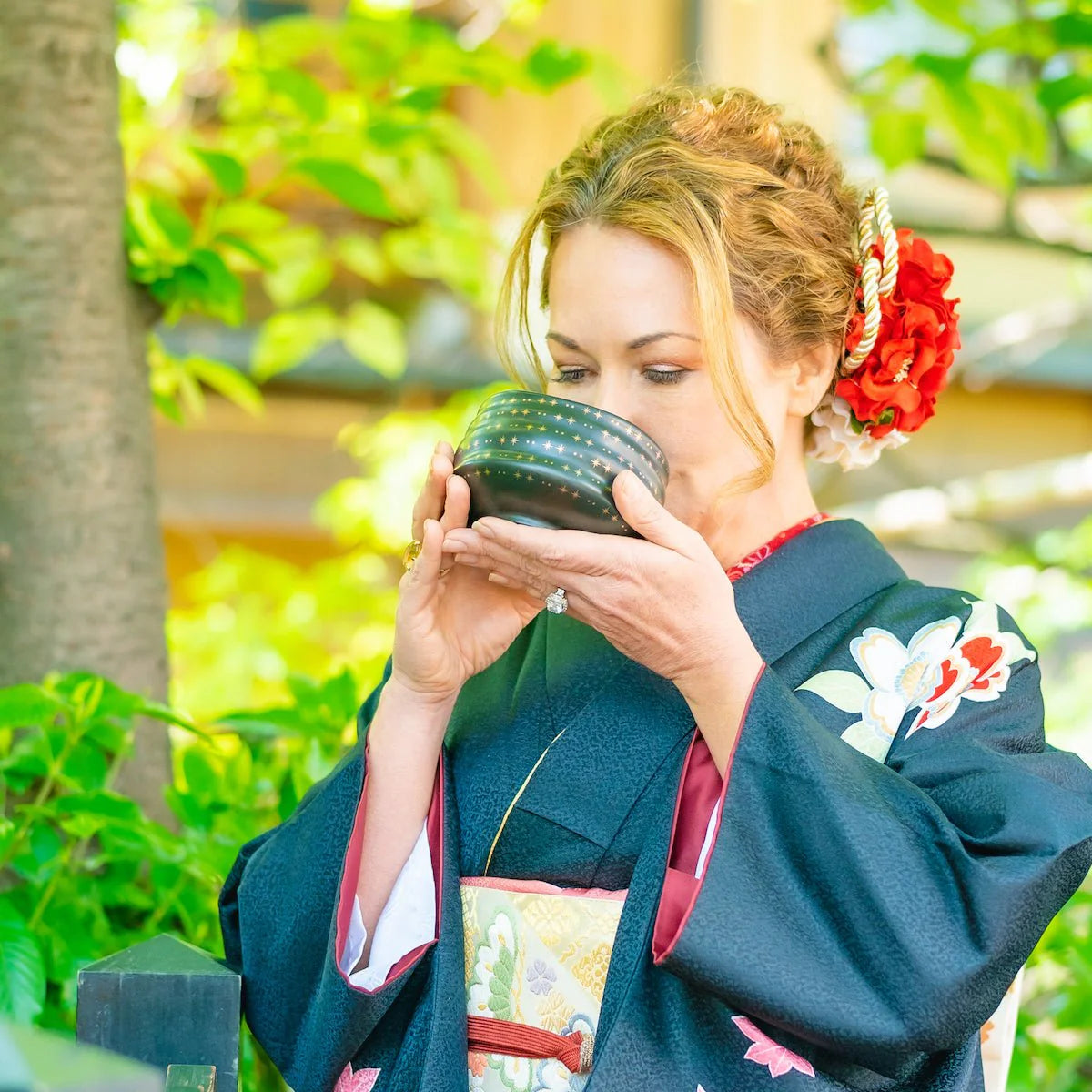Are you feeling bloated? Do you feel like your stomach is constantly swollen and uncomfortable? If so, there’s a good chance that you’re dealing with gas and constipation. Fortunately, there’s an easy and delicious way to find relief: drink matcha green tea.
Matcha, made from shade-grown green tea leaves ground into a fine powder, offers a concentrated dose of compounds with potential benefits that can reduce bloating and soothe your digestive system. But how exactly does matcha help with bloating? Read on to uncover the fascinating link between this vibrant green tea and your gut health.
Why Does Your Stomach Feel Bloated?
Various factors can cause bloating, and understanding these can help you address the root cause of your discomfort. While it’s important to always seek professional medical advice in case of recurring, serious pain, it’s equally important to understand the underlying issues when trying to alleviate slight discomforts naturally at home.
Let’s explore some of the common culprits behind that uncomfortable bloated feeling.
Diet
Our diet plays a critical role in how our digestive system functions. The discomfort of bloating can often result from our eating habits, such as eating too quickly or not chewing thoroughly.
Certain foods can cause bloating. High-fiber vegetables like broccoli and cauliflower, beans, lactose, and others, while nutritious, can be difficult to digest for some people, leading to excess gas and bloating. Carbonated beverages are also common contributors to that swollen feeling in your stomach.
Hormones
Hormonal fluctuations during the menstrual cycle can impact your gut. Changes in estrogen and progesterone levels can lead to water retention and changes in bowel movements, both of which cause bloating.
Stress
The gut-brain connection is a powerful one. When stressed, your body releases hormones like cortisol, disrupting your digestive process and leading to symptoms like bloating and upset stomach.
Studies have shown that stress alters the sensitivity of the enteric nervous system (the one that controls your gastrointestinal tract). It also impacts other factors, such as gut motility, intestinal mucosal permeability, and more, leading to constipation, diarrhea, and bloating.
Relieving stress is an effective way to fight bloating. If you’re feeling stressed out and experiencing uncomfortable digestive symptoms, try this cherry blossom pineapple cream green tea as part of your overall healing strategy!

Tender, dreamy, and deeply nourishing Japanese Green Teas blend with Moringa and fruits, then scented with Cherry Blossoms & tropical breezes to deliver a seriously satisfying steep that will combat stress.
How Does Matcha Help With Bloating?
We’ve established that matcha does help with bloating. But how? A cup of matcha tea is a powerhouse of nutrients and antioxidants with a series of benefits that may help alleviate bloating and promote digestive health.
Some of the most compelling research comes from a study at Setsunan University. It clearly indicates that the participants who drank matcha rather than the placebo had significantly more beneficial gut bacteria after two weeks.
A healthier gut biome has been linked to healthier, more comfortable living—from improved cognitive function to increased metabolism to better sleep. It’s even been linked to better immune response and overall health.
With all the benefits matcha offers, let’s dig into the specifics of how it can help with bloating.
Green Tea Contains Antioxidants
People renowned green tea for its high antioxidant content, and matcha, made from the entire tea leaf, contains even higher levels because the entire leaf is ground up and used.

Antioxidants like epigallocatechin gallate (EGCG) help neutralize harmful free radicals and have anti-inflammatory properties that soothe your digestive tract. By combating inflammation, matcha green tea may help reduce bloating and other digestive discomforts.
Green Tea Contains L-theanine
Matcha contains a unique amino acid called L-theanine, known for its calming and relaxing physiological effects. L-theanine promotes relaxation without causing drowsiness, making it an excellent way to manage stress and its associated digestive issues. Research from Zhejiang University also suggests that L-theanine may improve gut health by enhancing intestinal immunity.
Green Tea Has Antibacterial Properties
Like other green teas, Matcha contains bioflavonoids and other compounds with antibacterial properties. These compounds help to inhibit the growth of harmful microbes in the gut, like yeasts and gram-positive and gram-negative bacteria, promoting a healthy balance of gut flora.
Green Tea Reduces Fluid Retention
One of green tea’s most well-known and researched digestive benefits is its natural diuretic properties. The polyphenols in tea are responsible for the diuretic effect, which reduces water retention and, therefore, bloating.
With its concentrated dose of beneficial compounds, including polyphenols, matcha is even more effective in reducing fluid retention. By helping your body eliminate excess fluids, matcha can leave you feeling lighter and less bloated.
Green Tea Helps to Break Down Fats
Matcha is a metabolic booster, meaning it can help your body break down fats more efficiently. This can lead to fewer bloating symptoms and a greater feeling of fullness, which may also aid in reducing belly fat.
Additionally, research shows that the catechins in matcha promote fat oxidation during brisk walks and exercise, further supporting your body’s ability to utilize fat for energy.

Delicious Ways to Improve Your Gut Health With Matcha
Incorporating matcha into your daily routine doesn’t have to be a chore. There are countless delicious and creative matcha recipes to enjoy this vibrant green tea while reaping its digestive benefits.
Classic Matcha
Try preparing a classic matcha tea for traditional Japanese tea ceremonies and an authentic matcha experience. This preparation’s vibrant green color, matcha’s rich umami flavor, and ceremonial significance make it a truly special way to enjoy matcha.

Recipe for classic matcha
- Sift the matcha: Start by sifting 1-2 teaspoons of high-grade matcha powder into a bowl to remove any clumps.
- Add hot water: Add 1/4 cup of hot water (not boiling) to the bowl.
- Whisk: Using a bamboo matcha whisk (a chasen), whisk the matcha in a “W” or “M” motion until the powder is fully dissolved and a frothy layer forms on the surface.
- Enjoy: Sip slowly and savor your freshly prepared matcha’s rich, earthy flavors.
Matcha Lattes
Matcha lattes, like our Matcha Grasshopper recipe, have taken the coffee world by storm.
They offer a delicious and energizing alternative to traditional coffee drinks. The combination of creamy milk (dairy or plant-based) and earthy matcha creates a delightful flavor profile that’s both comforting and invigorating.

Recipe for matcha latte
- Sift 1-2 teaspoons of matcha powder into a cup.
- Add a small amount of hot water and whisk until smooth.
- Heat your favorite milk (almond, oat, etc.) and froth it if desired.
- Pour the hot milk into the cup (or bowl) with the matcha.
- Sweeten to taste!
- Enjoy your matcha latte hot, or pour it over a full glass of ice for a refreshing iced matcha latte.
Matcha Smoothies
Matcha smoothies offer a refreshing and nutritious way to enjoy the benefits of matcha. The combination of matcha’s unique flavor and the natural sweetness of fruits and vegetables creates a delicious and satisfying drink. Plus, the added fiber and nutrients from the fruits and vegetables can further support your gut health.

Recipe for banana matcha smoothie
- Combine 1 teaspoon of matcha powder, 1 banana, ½ cup of spinach or kale, 1 cup of almond milk, and a handful of ice cubes in a blender.
- Blend on high until smooth and creamy.
- Pour into a glass and enjoy your nutrient-packed matcha smoothie. Consider adding a spoonful of nut butter or a dash of cinnamon for added flavor.
Baking With Matcha
Matcha isn’t just for drinking—it’s also a fantastic ingredient for baking. Its vibrant, bright green color and distinct umami flavor can elevate a variety of baked goods, making them visually appealing and packed with numerous health benefits.
From matcha cookies to cakes and even bread, the possibilities are endless. Matcha adds a unique twist to traditional recipes, making them perfect for a health-conscious audience looking to indulge in a guilt-free treat.

Try These Recipes:
Quality Matcha Matters
When it comes to matcha, quality makes all the difference. Not all matcha powders are equal. Choosing high-quality matcha guarantees you receive the full spectrum of benefits and enjoy a truly satisfying experience.
Choosing the Right Grade
There are different types of matcha, each suited to different purposes. The two most common grades are ceremonial and culinary.
- People prize ceremonial-grade matcha, the highest quality, for its vibrant green color, smooth texture, and delicate umami flavor. It’s perfect for traditional matcha tea preparation and offers the most potent concentration of beneficial compounds.

- On the other hand, culinary-grade matcha is more robust in flavor and ideal for use in lattes, smoothies, and baking.
Proper Storage
Storing your tea properly is key for preserving the freshness and flavor of your matcha. Light, heat, and moisture exposure can degrade its quality and make it less enjoyable.
To preserve your matcha:
-
Store your matcha in a cool, dark place, away from direct sunlight and heat sources.
-
Keep matcha in a dry environment. Exposure to any moisture can cause the powder to clump and degrade.
- Use an airtight container to store your matcha. If possible, choose opaque containers that block out light (like our violet glass apothecary jars.)

By following these storage tips, you can ensure that your matcha remains fresh and flavorful, providing a consistently delightful experience every time you brew a cup.
Does matcha help with bloating? The Final Verdict
So, does matcha help with bloating? Yes!
Drinking matcha is a delicious way to prevent and treat bloating and other intestinal and abdominal discomforts. Its unique and highly concentrated composition has anti-inflammatory, diuretic, and calming effects, making it the best form of tea for bloating.
It doesn’t matter if you drink it in a smoothie or a matcha latte, or if you eat it in baked goods. Choosing matcha is a smart and natural way to treat bloating’s underlying causes.
Explore Our Green Tea Collection
Our green tea blends provide a soothing energy boost and enhance your focus while offering a range of potential health benefits. Biodynamically grown with care, our pure green tea brews into a delightful cup of wellness and wisdom.
Whether you’re looking to sample the soothing effects of classic green teas from around the world or the vibrant energy of organic matcha tea, our collection has something for everyone. Explore the possibilities and find your perfect cup today!







